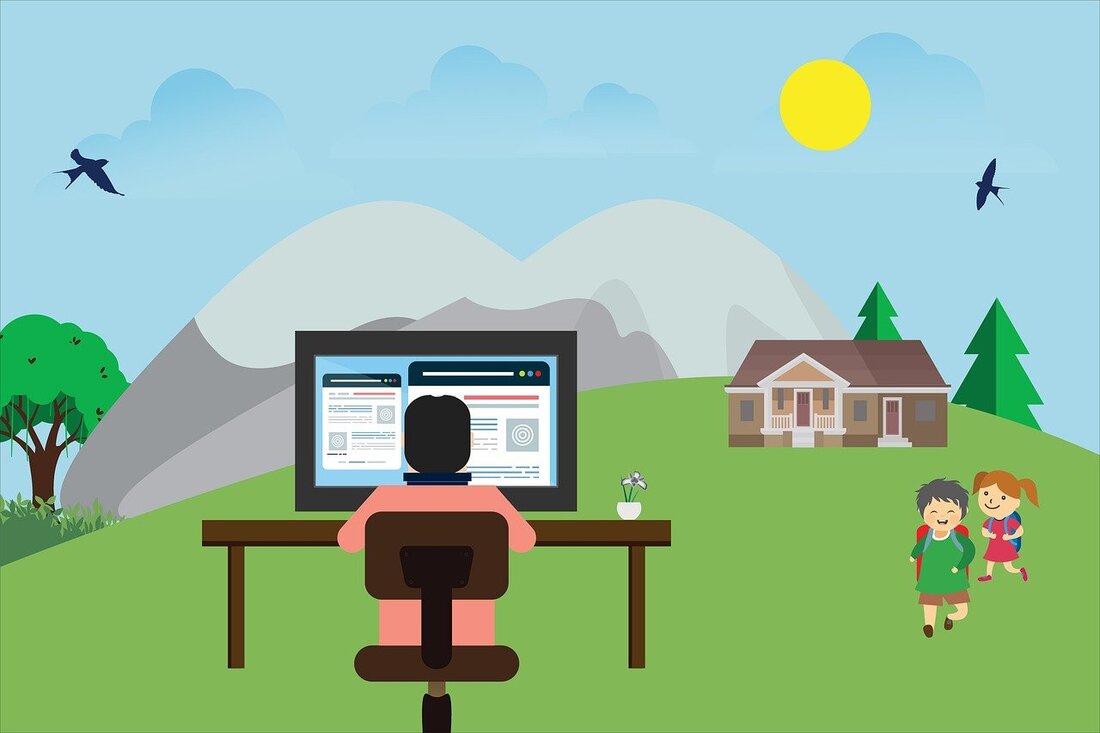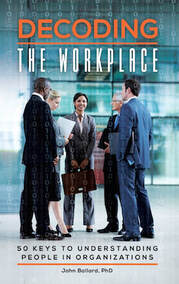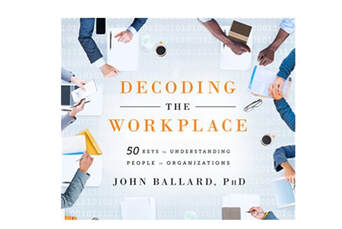
- Because of the pandemic, 50 million workers in the United States “left their offices.”
- For white-collar workers: Pre-pandemic 6% worked from home; during pandemic, 65%. (Gallup)
- Nearly 70% “reluctant to return” to office jobs (FlexJobs).
- Reasons working remotely preferred: safety, quality time with children and pets, flexibility for other activities, casual dress, no unnecessary office interaction (results of NYT survey/interviews)
- Knowledge workers: % agreeing remote work beneficial (Future Forum):
81% Black
75% White
- Desire to work remotely “most or all of the time”, global survey (Future Forum):
43% Fathers
- Increase in “sense of belonging at work” for knowledge workers working remotely (Future Forum)
5% White
Youngjoo Cha, Indiana University sociologist: “We had a nationwide experiment in telecommuting. These conditions challenged the notion of ideal workers.”
The New York Times surveyed over 700 people and interviewed over 25. Here are some comments from interviewees:
- “I won’t be going back to the office. Ever.”
- (After receiving promotion and pay raise): “If I had continued going into the office, there might have been some excuse around likability".
- “There are still a lot of spaces in a lot industries where just being a woman of color is an outlier. The side conversations, the pre-meeting conversations, the post-meeting conversations, the inside jokes – they all subtly add up to tell you that you don’t quite fit.”
- “What a relief not to have to go in day after day, week after week, and fail at making friends and having fun.”
- “I feel a little bit depressed when I wake up at 8 a.m., go to my coffee table, sit there at my computer on Zoom from 9 to 5, and then just close my computer and haven’t left my tiny studio all day.”
- “Not one single person who re-enters the office in the next three months is the same as the one who left.”
Full-time U.S. remote workers (Gallup):
- 2019 4%
- 2020 May 43%
- 2021 December 26%
My take-aways:
1. Employees want flexibility in times and places to work. For many jobs working remotely is possible. Management attitudes though could be a limiting factor. In a March 2021 blog I discussed published remarks in The Wall Street Journal from 19 CEOs. The majority felt remote work was problematic – less quality, less productivity, less innovation. Organizations will make different decisions; some based on data, some on managerial preferences.
2. One result, as discussed in another blog, may be a two-tier workplace. Peter Cappelli of the University of Pennsylvania’s Wharton School addressed this in an August 2021 Wall Street Journal article. He argued, “face time still matters” and “on-site employees will get the bulk of the attention – and the promotions.”
3. A contribution of this March New York Times article is to bring individual differences into the remote, hybrid, office discussion. Those of us who are more introverted may be more comfortable with less in-person interaction, less chitchat. In other workplaces racial, ethic or gender differences may make remote work more desirable. For example, as the article mentioned, women tend to be more comfortable than men in offices that are warmer. As Parkinson et al. stated, “the associated impacts of this pervasive overcooling on well-being and performance are borne predominantly by women.”
4. This time of remote work has highlighted issues that have been understated or ignored. If leaders attend to the lessons of the pandemic years, organizational decisions can be made that should benefit both the organization and its employees.
Goldberg, E. (2022, March 13). "Who is the office for?" New York Times. Online March 10: https://www.nytimes.com/2022/03/10/business/remote-work-office-life.
Parkinson, T., Schiavon, S., de Dear, R., & Brager, G. (2021). Overcooling of offices reveals gender inequity in thermal comfort.Scientific Reports, 11. https://www.nature.com/articles/s41598-021-03121-1
Image, "Remote Working", by kreatikar, Obtained from https://pixabay.com/illustrations/remote-working-freelancer-network-4561363/
© John Ballard, PhD, 2022. All rights reserved.
__________________________
Decoding the Workplace “Is this a must-have for managers and would-be managers? Yes.” Academy of Management Learning & Education, June, 2018. Available as ebook, hardback, paperback, audiobook, and audio CD. The best-selling audiobook, and CD, are narrated by Timothy Andrés Pabon.


 RSS Feed
RSS Feed